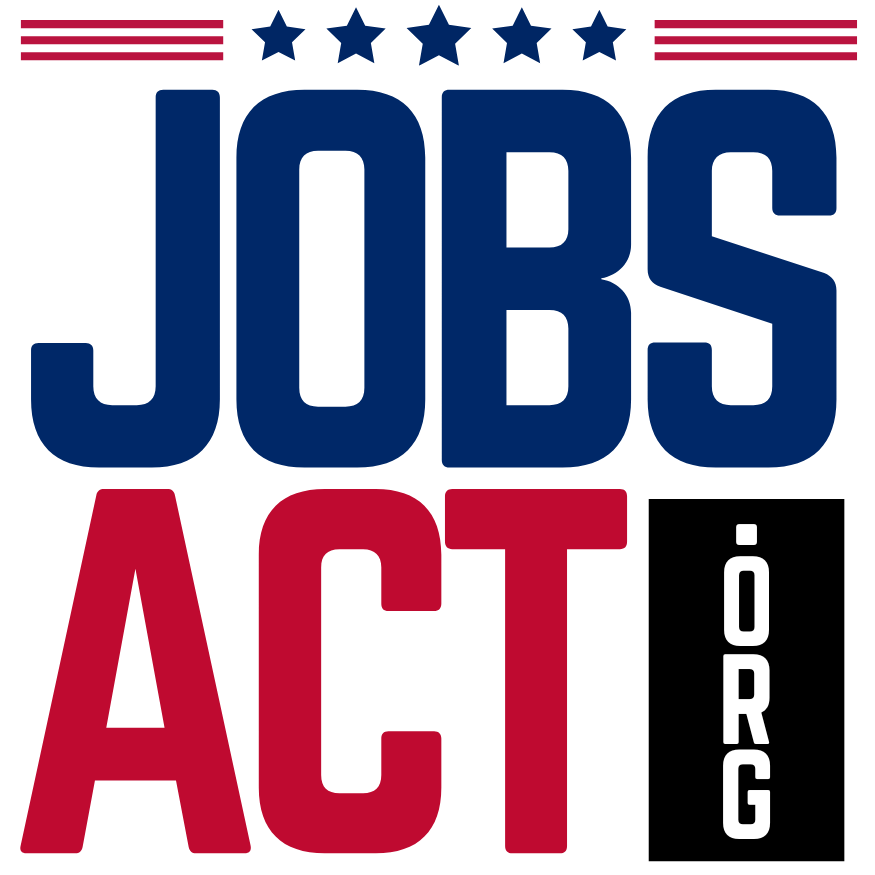
Frequently Asked Questions
JOBS Act FAQ’s
What is the JOBS Act?
The JOBS Act is a U.S. law passed in 2012 aimed at helping small businesses and startups raise capital by reducing regulatory burdens. It facilitates access to funding through methods like crowdfunding, and it makes it easier for businesses to go public and engage investors.
Who does the JOBS Act benefit?
The JOBS Act primarily benefits:
-
Small businesses and startups: It gives them access to capital through crowdfunding and simplified public offerings.
-
Investors: It opens up investment opportunities to non-accredited investors (those who don’t meet certain wealth criteria).
-
Emerging Growth Companies (EGCs): Companies with less than $1 billion in revenue that can access the public markets with fewer regulations.
What is equity crowdfunding under the JOBS Act?
Equity crowdfunding allows non-accredited investors (people who do not meet wealth requirements) to invest in early-stage companies in exchange for equity (ownership). This provision enables startups to raise capital by reaching a broader pool of investors through crowdfunding platforms.
How does Regulation A+ work under the JOBS Act?
Regulation A+ allows companies to raise up to $50 million in a public offering without going through a full, expensive IPO. This provision is aimed at smaller businesses, making it easier for them to access public capital markets.
What is an Emerging Growth Company (EGC)?
An Emerging Growth Company (EGC) is a company with less than $1 billion in annual revenue. EGCs are eligible for reduced regulatory requirements during their IPO process, including delayed financial reporting and corporate governance rules, which help lower the costs of going public.
How does Title II of the JOBS Act help businesses?
Title II of the JOBS Act allows businesses to engage in general solicitation and advertise their private offerings to the public. This means businesses can advertise investment opportunities through various channels, such as social media or online platforms, as long as they only sell to accredited investors.
Who can invest in equity crowdfunding?
Under the JOBS Act, both accredited and non-accredited investors can participate in equity crowdfunding campaigns. However, there are limits to how much non-accredited investors can invest, depending on their income or net worth. Accredited investors, on the other hand, can invest larger amounts.
How does the JOBS Act affect non-accredited investors?
Before the JOBS Act, non-accredited investors (people without high net worth) could not invest in private offerings. The JOBS Act allows these investors to participate in equity crowdfunding campaigns, provided they meet certain investment limits based on their income or net worth.

JobsAct.org is a privately owned website and is not affiliated with any government entity or agency. It is intended solely for informational purposes. The site is operated by America’s Real Deal, a groundbreaking business competition reality TV show where businesses compete to raise capital from investors, while the audience also has the chance to purchase products, and invest through equity crowdfunding.